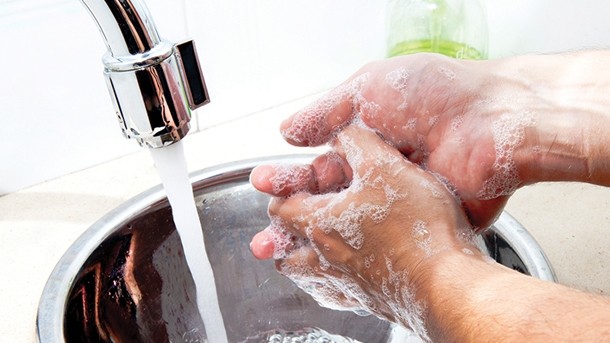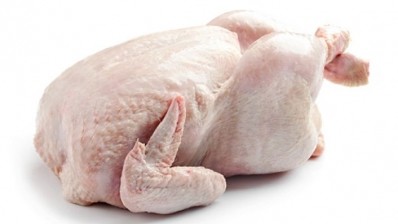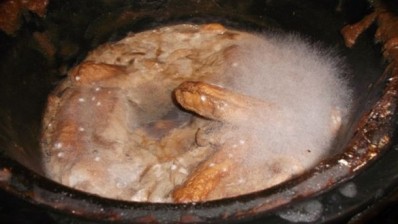One third of hospitality kitchens have served meat ‘on the turn’

The research, which was carried out by the University of Liverpool, Bangor University and the University of Manchester and is known as the Enigma Project, revealed the levels of bad behaviour in UK kitchens, which increase the public's risk of getting food poisoning.
The survey of around 200 kitchen workers also revealed 32% of chefs had worked in a kitchen within 48 hours of suffering from diarrhoea and/or vomiting and 7% did not always wash their hands immediately after handling raw meat or fish.
Large collaborative project
The Enigma Project was a large collaborative programme of research, into the most common bacterial cause of diarrhoeal disease in the developed world, Campylobacter.
University of Manchester professor Dan Rigby, who was one of the lead authors of the study, said: “Food-borne illnesses impose a huge burden to the UK population and these results indicate a high prevalence of behaviours, which can give people food poisoning.
“Masking the smell and taste of meat on the turn is an old industry trick and the ability to do it means venues can cut costs.”
Food hygiene rating scheme
Chefs in fine-dining establishments were more likely to have returned to work too soon after suffering diarrhoea and/or vomiting, which contravenes UK regulations, Rigby said.
He added: “This may be that fear of losing a prestigious job, or a desire not to let the team down, is causing people to not to stay for long enough, putting the public at risk.
“Staff currently working in kitchens with higher prices, more awards or a good food hygiene rating scheme were not less likely to have committed the bad behaviours, or have worked with colleagues who had in the past – meaning that public face a difficult challenge to protect themselves from these bad kitchen behaviours.”







